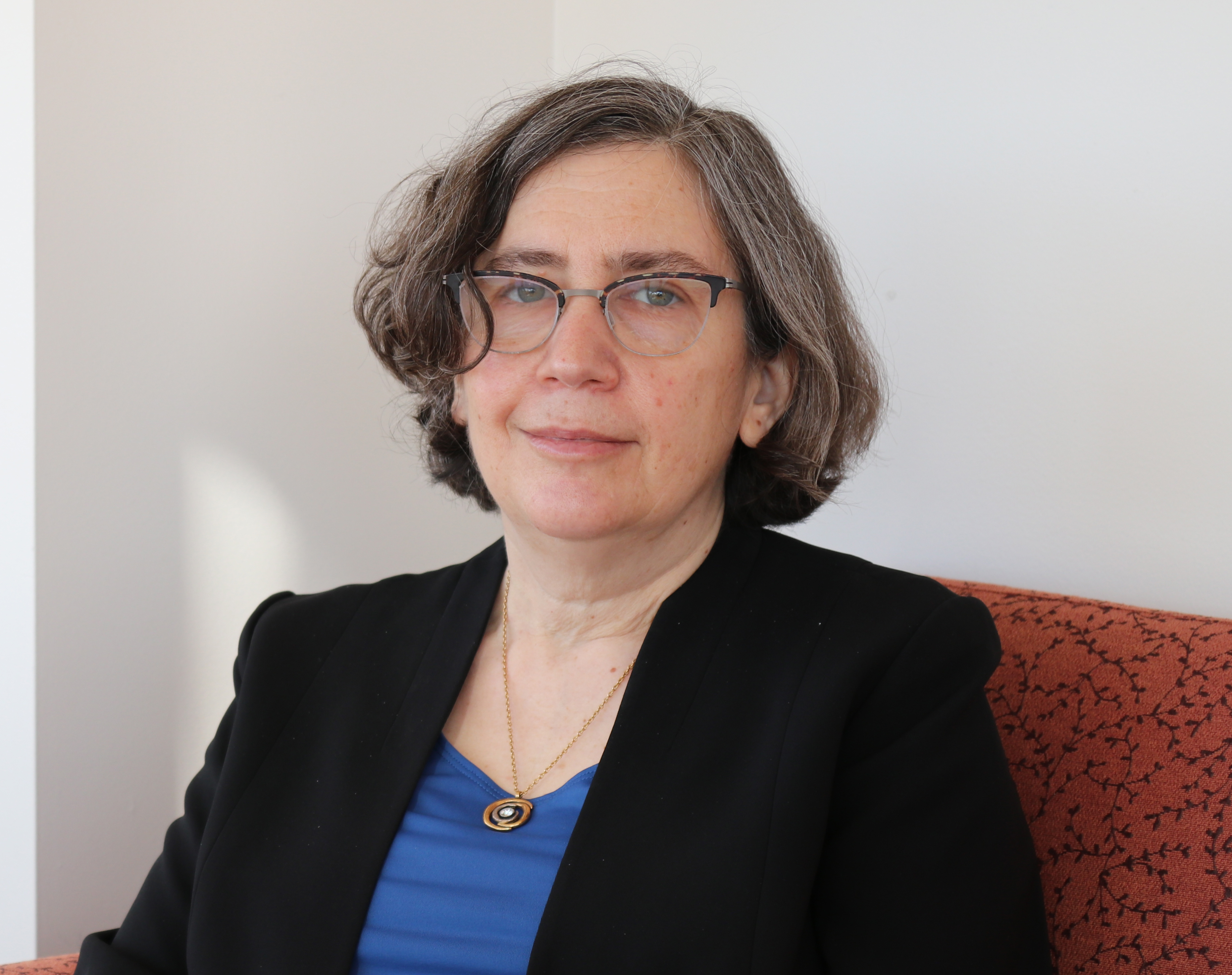About Celia Schiffer
 Celia Schiffer is a Professor & Chair of Biochemistry & Molecular Biotechnology, Arthur F. and Helen P. Koskinas Professor of Biochemistry and Molecular Biotechnology, and Director of Institute for Drug Resistance at UMass Chan Medical School. Dr. Schiffer has a BA in physics from the University of Chicago, PhD in biophysics from University of California, San Francisco, with postdoctoral training at the ETH in Zurich, Switzerland and Genentech, Inc. She has directed numerous collaborative NIH and other grants totaling over $45M, including three NIH program project awards from the National Institute of General Medical Sciences. She has published over 130 peer reviewed journal articles, using a combination of experimental and computational structural biology and chemistry techniques to obtain key insights into drug resistance. She was part of the leadership that started MassTERi and the Regional Cryo-EM facility at UMass Chan. In 2015 she became a fellow of the American Academy of Microbiology. In 2010 she received the UMass Chan Medical School’s Outstanding Mentoring to Women Faculty Award, in 2016 she was honored by the inaugural Chancellor’s Award for Excellence in Mentoring and in October 2016 she was awarded the Massachusetts Society for Medical Research Educator of the year.
Celia Schiffer is a Professor & Chair of Biochemistry & Molecular Biotechnology, Arthur F. and Helen P. Koskinas Professor of Biochemistry and Molecular Biotechnology, and Director of Institute for Drug Resistance at UMass Chan Medical School. Dr. Schiffer has a BA in physics from the University of Chicago, PhD in biophysics from University of California, San Francisco, with postdoctoral training at the ETH in Zurich, Switzerland and Genentech, Inc. She has directed numerous collaborative NIH and other grants totaling over $45M, including three NIH program project awards from the National Institute of General Medical Sciences. She has published over 130 peer reviewed journal articles, using a combination of experimental and computational structural biology and chemistry techniques to obtain key insights into drug resistance. She was part of the leadership that started MassTERi and the Regional Cryo-EM facility at UMass Chan. In 2015 she became a fellow of the American Academy of Microbiology. In 2010 she received the UMass Chan Medical School’s Outstanding Mentoring to Women Faculty Award, in 2016 she was honored by the inaugural Chancellor’s Award for Excellence in Mentoring and in October 2016 she was awarded the Massachusetts Society for Medical Research Educator of the year.
Dr. Schiffer has developed a strategy to lessen the probability that drug resistance occurs. She has done so at the initial stage of drug development when the drug is first being designed. She realized that through understanding the molecular mechanism by which the disease process occurs she could develop inhibitors that block the disease in such a way that the likelihood of resistance occurring is greatly reduced. She demonstrated this strategy with targets in two globally pandemic viruses: HIV and Hepatitis C and is showing this strategy generalizable to many other diseases. By designing drugs to be less susceptible to drug resistance, the drugs are more likely to last and stay effective. Finding other general parallels to avoid drug resistance in drug design and patient therapy motivated her to conceptualize and co-founded the Institute for Drug Resistance, as drugs that retain their ability to be effective is ultimately better for both the individual patient and for society as a whole.

